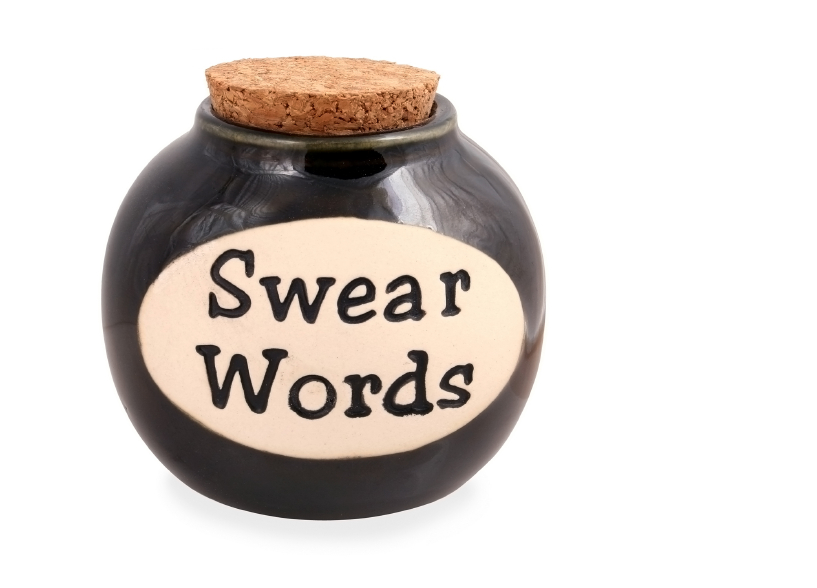“Good gravy!”
When I came across that exclamation recently in an online essay, it fueled a whole train of thought.
Good grief
Golly
Gosh
Criminy
Darn you
Doggone it
These expressions have passed their use-by dates, as have those of us who still utter them. The dictionary says they’re euphemisms, but I remember them as escape hatches. As a child, if I started to swear and suddenly realized there was someone nearby (like my mother) who might object, I could convert “God!” into “Gosh!” in mid-syllable, or “Damn you!” into “Darn you!”
Some of those escape hatches are very old. According to the dictionary, the first recorded use of “golly” was in 1775. I wonder what it says about our culture that words like “God” that I was forbidden to use as expletives in the 1940s—and which apparently required an escape hatch for centuries before that—have now almost totally lost their power to offend or shock.
In our childhoods, my brother, David, and I—both under 10—fought a lot, and our mother was especially upset when we cursed or called each other names. So we invented a word that we could take with us into battle.
If David snatched something of mine, I’d say through gritted teeth, “You’re such an ignastectamong!” He’d know I’d just called him the worst thing I could think of. He often threatened me with “Give that back or I’ll ignastectamong you,” and Mom was none the wiser. Or so we thought.
By the time I was raising my own children in the 1970s, I saw no harm in swearing, but I knew many other parents didn’t agree. When the kids first brought home swear words, I told them that those were at-home words.
“You can say them all you want at home,” I said, “but don’t use swear words anywhere else, because your teacher or your friends’ parents might not like it.”
Euphemisms such as “gosh” were stand-ins for words borrowed from religion that became swear words when used in a sacrilegious way. Today’s curse words revolve around sex instead. Has that happened because we’re a more secular society? Or one that’s sex-obsessed?
The f-word is everywhere today. Granted, it’s highly versatile—can be used as a noun, verb, adjective, adverb or expletive.
But it’s being overused, and it too has lost the power to shock most people, except perhaps those in my generation. And it seems to me like pure laziness when every third word a person utters is the f-word. Our language is so rich in other possibilities.
I offer you ignastectamong. Or invent a word of your own.

Flora Davis has written scores of magazine articles and is the author of five nonfiction books, including the award-winning Moving the Mountain: The Women’s Movement in America Since 1960 (1991, 1999). She currently lives in a retirement community and continues to work as a writer.



